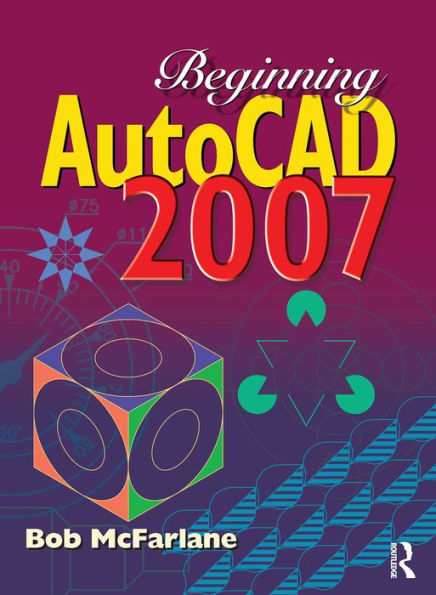Home
Iranian Intellectuals: 1997-2007 / Edition 1
Barnes and Noble
Iranian Intellectuals: 1997-2007 / Edition 1
Current price: $59.99


Barnes and Noble
Iranian Intellectuals: 1997-2007 / Edition 1
Current price: $59.99
Size: OS
Loading Inventory...
*Product information may vary - to confirm product availability, pricing, shipping and return information please contact Barnes and Noble
Previously published as a special issue of
British Journal of Middle East Studies
, this volume focuses on leading figures within Iran between 1997-2007 and their visions and works that are related to Iranian society.
A cross section of opinion is investigated, including the clerical (‘Ali Khameneh’i, Muhammad Khatami and Mohsen Kadivar), the dissident (Mohsen Makhmalbaf), and the poetic (Qaysar Aminpour) and cinematic. The past decade has been a traumatic one in Iran, and the essays in this volume testify to the vibrancy of the responses from Iranian thinkers. It may be a surprise to some observers that in some senses, ‘Ali Khameneh’i may be considered a ‘liberal’ whereas Muhammad Khatami’s own credentials as an advocate of rapprochement with the West needs to be qualified. Responses to Western culture continue to remain centre-stage, and this is also nowhere more apparent than in the complex relationship between the directors of Iranian films (perhaps Iran’s most celebrated export these days) and their audiences, both Iranian and Western. Despite some viewing Iran as a pariah state, it remains firmly connected to the West and to modern technology, typified in the practice of blogging that is enjoyed by so many Iranians, which has provided a new space for expression and thinking.
British Journal of Middle East Studies
, this volume focuses on leading figures within Iran between 1997-2007 and their visions and works that are related to Iranian society.
A cross section of opinion is investigated, including the clerical (‘Ali Khameneh’i, Muhammad Khatami and Mohsen Kadivar), the dissident (Mohsen Makhmalbaf), and the poetic (Qaysar Aminpour) and cinematic. The past decade has been a traumatic one in Iran, and the essays in this volume testify to the vibrancy of the responses from Iranian thinkers. It may be a surprise to some observers that in some senses, ‘Ali Khameneh’i may be considered a ‘liberal’ whereas Muhammad Khatami’s own credentials as an advocate of rapprochement with the West needs to be qualified. Responses to Western culture continue to remain centre-stage, and this is also nowhere more apparent than in the complex relationship between the directors of Iranian films (perhaps Iran’s most celebrated export these days) and their audiences, both Iranian and Western. Despite some viewing Iran as a pariah state, it remains firmly connected to the West and to modern technology, typified in the practice of blogging that is enjoyed by so many Iranians, which has provided a new space for expression and thinking.


















